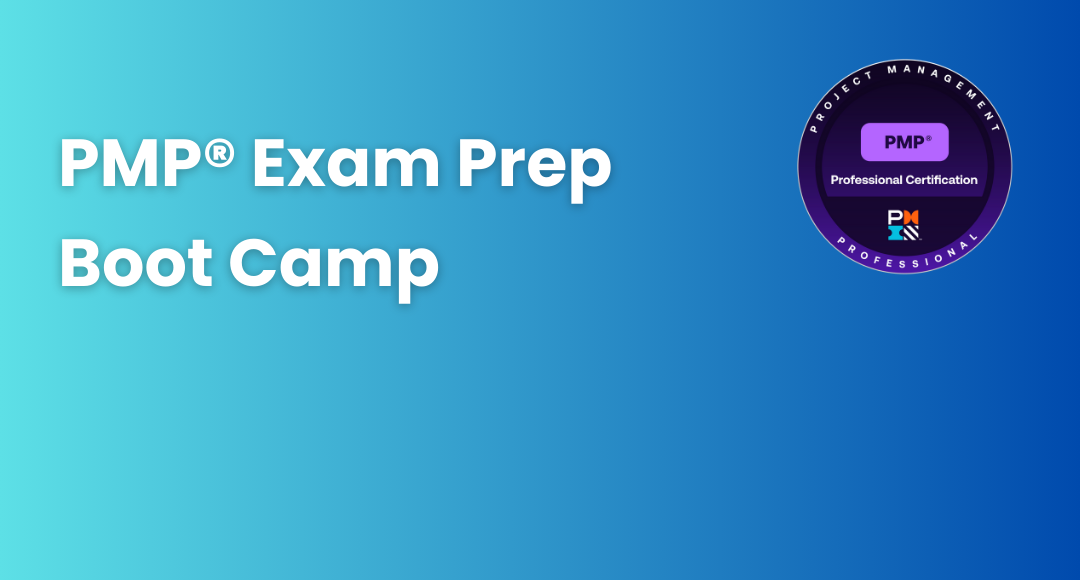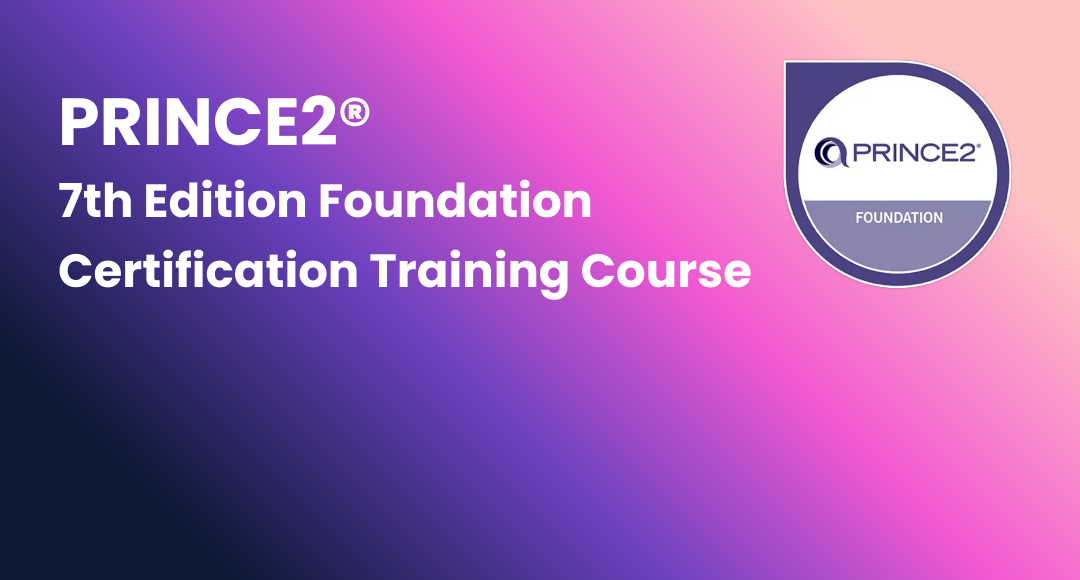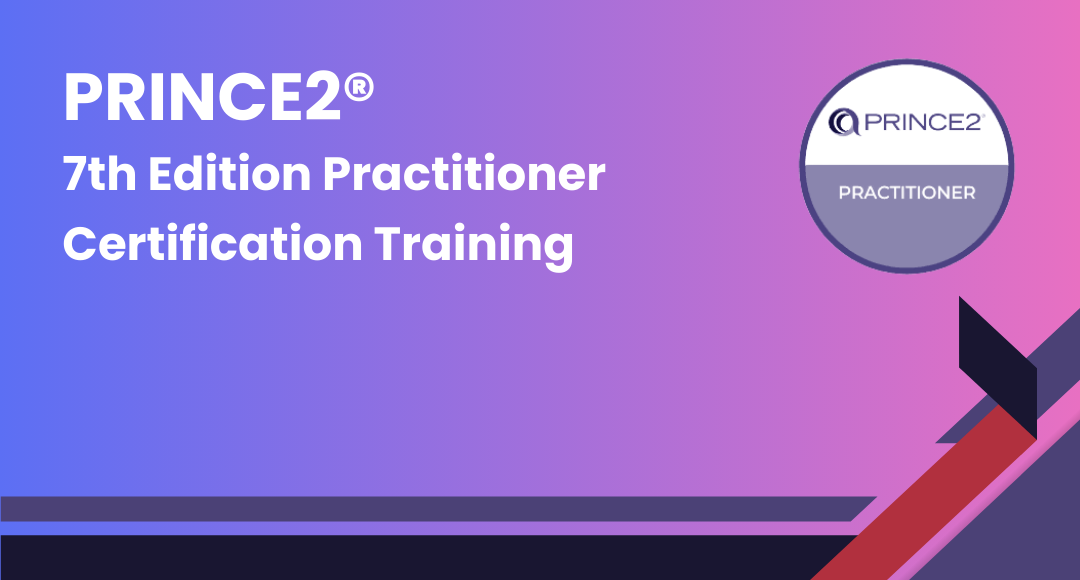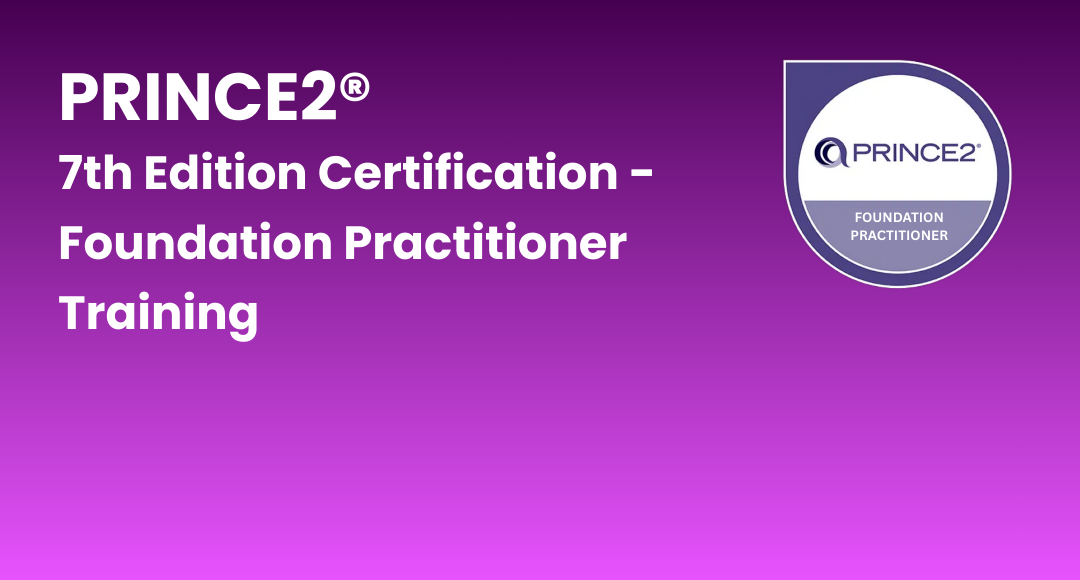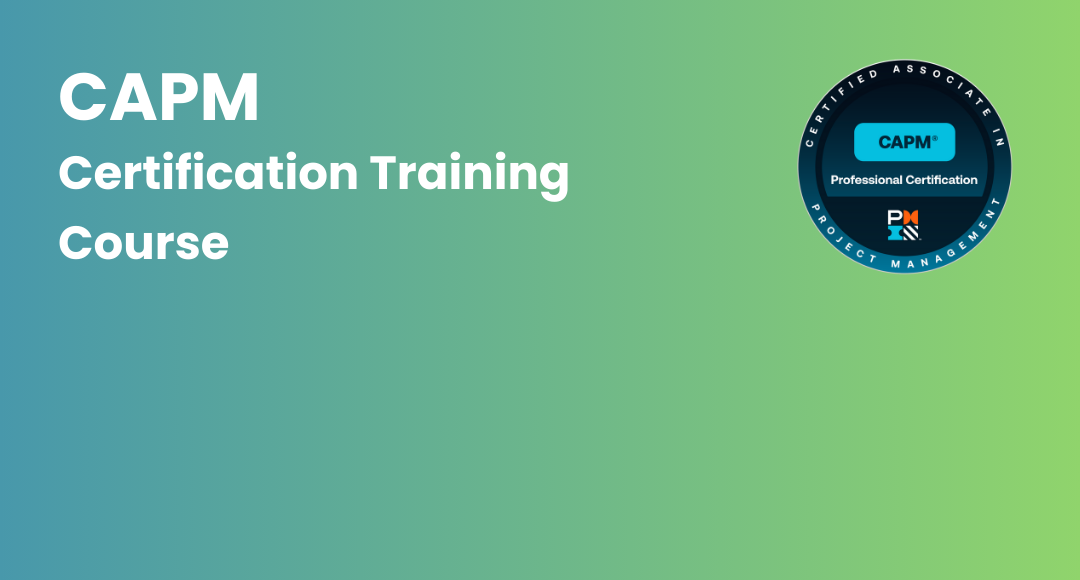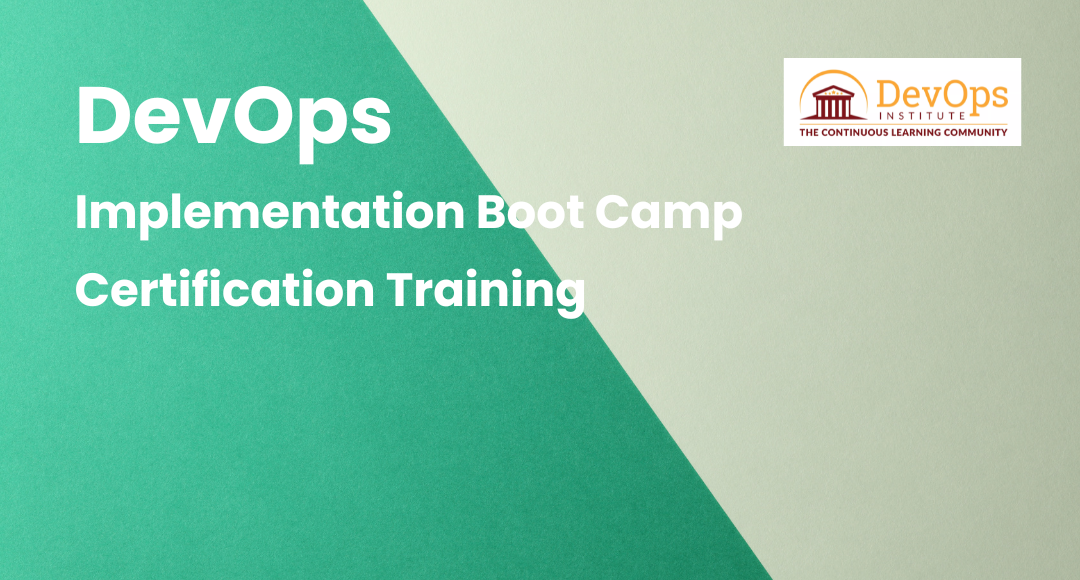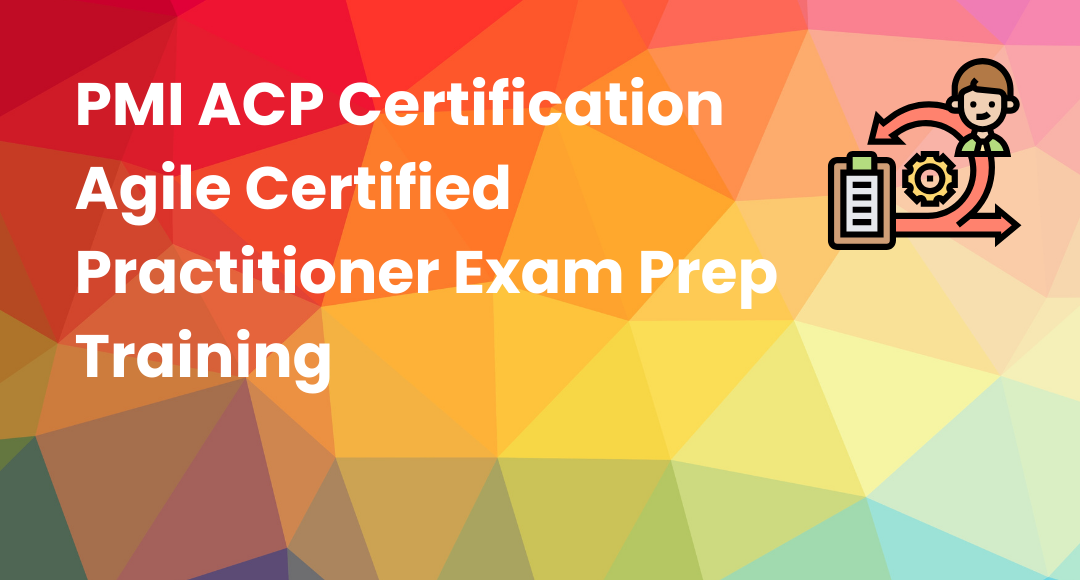Kafka Interview Questions and Answers 2026
-
 By Nandini
By Nandini
- Published on Jun 13 2022

Table of Contents
Most Commonly Asked Kafka Interview Questions and Answers 2026
Technology has truly revolutionized the entire world into something completely different. The world has a world on the ground of Technology. In the 21st century, we can say that will live in a completely digitalized world and the entire credit for the digitalization of the world goes to technological development.
The primary goal of Technology was to make human life more efficient and effortless. After seeing the present scenario of technological development, we can say that Technology has served its purpose. Several jobs are available in the information technology sector as it is one of the hotspot chapters in every organization.
Multiple software developers have made a name for themselves in the 21st century. One of the world's biggest software developers in the field of information technology is Apache software foundation.
The Apache software foundation has made several software functions or applications for organizations to establish better functioning in the company in the best possible way. People in the 21st century and crazy about working under the name of Apache software as it is highly beneficial not only for that carry forward but also helps the professional to enhance their career in the best possible way.
One of the most beneficial platforms which are highly in demand currently in the market is known as Apache Kafka. It is an open-source stream processing software that is processed by the Apache software foundation itself. Its primary goal of it is to provide a good amount of unified yet high throughput and low latency platforms for handling different data and data types.
Kafka came into existence in 2011 and has been a great employment portal for a Lot of professionals. There are a lot of professionals for building to work as a professional organization but professionals need to understand the concepts of Kafka and the pattern of the Kafka interview questions and answers.
Every interview panel member has great knowledge about the usage of Kafka and he set the Kafka interview questions and answers in such a manner to test the knowledge and skills of the professional. The reason for the Kafka interview questions and answers is because the panel of judges wants to check the eligibility of the professional working for the organization. the Kafka interview questions and answers are a combination of intellectual questions and also critical thinking questions to check the complete knowledge and skills a professional has in the field of Apache Kafka.
If you know all the Kafka interview questions and answers, you are more likely to get the job after clearing the eligibility criteria for the company. You need to be able to answer the interview questions on Kafka in order to land a good job. The interview questions on Kafka discussed in this article are sure to help you land a good job. That is of course provided that you learn and understand these interview questions on Kafka.
Top Kafka Interview Questions and Answers
Here are the top Kafka interview questions and answers which are very common among several organizations. Professionals should have good knowledge about sample Kafka interview questions and answers as it would enhance the probability of them getting the job. These are among the most relevant interview questions on Kafka. Having a thorough knowledge of these interview questions on Kafka is sure to help you get a favorable job.
1) What is Apache Kafka?
Apache Kafka is an open-source messaging application. It came into existence in 2011 in the Apache software developing organization. The primary goal of the Kafka More store conducts transactional login designs. and upgraded with the requirements of the up-gradation in the market. This Apache Kafka happens to be one of the most widely used open-source applications and forms the underlying skeleton of various messaging applications. This is among the most basic interview questions on Kafka.
2) Name the different components of Kafka?
As we have known that Apache Kafka is a messaging application that has open-source. So, there are also several components of Kafka that allow it to function smoothly. The components of Kafka are known as a topic, producer, consumer, and brokers. The topic is a collection of several messages in the open-source.
Give solutions component mainly issues communications as well as several publishers messages in the Kafka topic. The consumer component is a subscription to the several topics that are available for reading and sharing. Broker components mainly deal with managing the storage of messages. All this is carried out on the Kafka server. This is another one of the most basic interview questions on Kafka.
3) What is the role of offset in Kafka?
As the Apache Kafka is an open-source messaging application that allows readers to interact with the publishers concerning a particular topic there is an ID number that is provided for two different messages according to their categorization. As every different message is categorized based on the use and user ground, the identification of every message is unique. This is where the offsets came into use as it helps in the identification of the right message which is beneficial for the reader.
4) Who or what is a consumer group in Kafka?
The messages and data stored in Apache Kafka are accessible to a lot of people who are willing to read or share a particular piece of message or data. This doesn't refer to consumers in the term, Kafka. The entire concept of having a consumer group is very limited to Kafka itself as it includes more than one consumer who shares a similar interest in a subscription. so, it becomes easier for the group to access any kind of particular requirement of a topic.
5) What is a zookeeper and why is it used in Kafka?
Apache Kafka is an open-source of messages and data which is available to be done based on their requirement and interest. Zookeeper in Kafka on the rotation of data and information which is stored in Kafka. Zookeeper is built to sustainably Grow and be used in the distributed system of Kafka. the primary rule is to build proper coordination between the different nodes in a particular cluster of the message.
Every message in Kafka is particularly formed in form of coordinates and the zookeeper needs to connect the nodes of the cluster to ensure the safety of the message auditor. Zookeeper can also be used to recover previously committed offsets. This is among the pivotal interview questions on Kafka.
6) Can a user use Apache Kafka without a zookeeper?
Usage of Kafka without the zookeeper, the answer is no. for any user who is planning to use Kafka, it is very important to bypass via zookeeper to ensure the proper connection in the Kafka server. is this zookeeper is currently not in use the user can’t gain access to Kafka in any possible way.
7) What do you understand by partition in Kafka server?
When we use Kafka with the help of a broker, we see that there are a few partitions that are available while using Kafka. As every message or data which is stored in the Kafka server can be accessed by the user, loss of original data can also be caused in the Kafka server. This is where partitions came into action as there is a replica of the original copy which is provided to the user stored in the Kafka server. The partition is to ensure the safety of the data which is stored on the Kafka server.
8) Why is the Kafka Technology considered to be significant while using?
As we have known that Apache Kafka came into existence in 2011 and it has been widely spread all around The World because of its functionality and benefits. The reason why it’s spread around the world in such a small period is because of the different advantages which are provided by Kafka which makes it more significant to use. The primary advantages which is experienced by a user while using Kafka are that it enhances the throughput, the latency is extremely low, it is fault-tolerant, highly durable and it has scalability.
High throughput means experiencing great performance in a higher volume even without the usage of any kind of large hardware. it also supports the usage of thousands of different messages in one particular second which makes it more convenient and beneficial for the user to access different topics. Lower latency means easily handling the messages at a very low latency range.
Kafka is extremely fault-tolerant as it has the potential to resist any kind of node or machine failure. Kafka was highly durable as the messages and never lost because of the usage of partitions. The partitions save the original or the leader data and provide the users with an applicator which ensures that the authentic data is insecure. The best feature about Apache is that it could be easily pulled out without any downtime. This is among the vital interview questions on Kafka.
9) What are the major APIs of Apache Kafka?
Kafka primarily has four major APIs which are known as producer API, consumer API, streams API, and connector API.
10) Who do we refer to as consumers or users in Apache Kafka?
As we know that Apache Kafka is a portal that consists of different topics and details in the form of a message. Also, it is noted that Apache Kafka is an open-source. So, when we refer to consumers, we refer to the users who referred to the topics of messages as a reading source. Nikon Ji is more sad uses who read and share the messages which are available in Kafka. There are consumer groups that have similar interests and identical topics which makes it easier to categorization of the topic and share it. The consumer group has described a particular record or category of topics that are of their interest.
11) What is the entire concept of leader and follower in Apache Kafka?
As we have known that the concept of partitions is very important in Kafka as it protects the original data. But when in the partition the particular Kafka server works as a leader and the other servers that are linked to the leader link are known as follower servers.
12) What are the fundamentals of load balancing of the server in Kafka?
As we have understood that the entire functioning of writing a particular portion is divided into two phases a leader and a follower. The role of a leader is to perform the task of reading and writing the request for the entire partition but there are certain movements are the leader fails to do his purpose. In scenarios such as such one of the followers accept the rules and responsibilities of the leader. At that moment of follower works as a leader and performs the entire responsibility of the leader. This is the process known as load balancing which does not allow the entire partition to crash with the disability of the leader to perform his functions. This is among the fundamental interview questions on Kafka.
13) What are the roles of replicas and ISR play in Kafka?
The complete leads of the different nodes that replicate the log are known as replicas. Replica plays a very crucial role in Kafka as it works in protecting the leader file. In a particular partition, the replica is very important as it is the duplicate file of the leader file which consists of similar data and information. The replica is very important as it protects against the loss of the leader file. The full form of ISR is in-sync replicas. in sync, replicas are replicas of the leader data that have a direct synchronization with the leaders.
14) Why is the process of replication very important in Kafka?
The complete process of replication of the message is very important in Kafka. Replication in Apache creates a copy of the primary message. the only goal of replication Kafka used was to prevent the loss of the principal message. When the principal message is lost Kafka can’t recover the last message. So, the replication process works as a backup for Kafka as it protects the principal file against any kind of loss.
15) What does it signify out of the ISR for a very long time?
If the replica stays out of the high area for a long time it is very simple to understand that the following does not fetch the data with equivalent speed of the leader. The leader accumulates different forms of messages or data in Kafka at a greater speed but when the follower fails to match up to the speed of the leader a lot of replicas are completely out of the ISR.
16) What is the entire process of starting a Kafka server?
As understood that the captain is a very crucial part of the Kafka network as it consists of data messages which are very important to the users. There is a particular process through which the zookeeper server can be initiated as Kafka is directly related to the usage of a zookeeper. So, the entire process to start the Kafka server is by selecting a zookeeper server and then moving on to selecting a Kafka server and then using a certain formulation to initiate the Kafka server.
The entire formulation isbin/zookeeper-server-start.sh config/zookeeper.properties
Next, to start the Kafka server: > bin/Kafka-server-start.sh config/server.properties
17) when does a Queue Full Exception occur in the producer?
In case there is a continuous process that goes on between the producer and the broker where they exchange messages and topics with the help of the Kafka server. But there are situations when the broker feels to manage with the speed of topics provided by the producer institutions like that queue full exception usually occurs. But to tackle situations a search task has been a solution. Kafka has no restriction on the number of brokers so the number of brokers in the Kafka server has also been increased to tackle the situation as such.
18) What is the role of the Kafka producer API?
As you know that the primary goal of a producer in Kafka is to provide the topics and data editor the brokers for the readers. But an API is basically what allows the publisher to provide a stream record that consists of mini-Kafka-topics.
19) What are the basic differences one would observe between Kafka and flume?
Kafka and flume are the two different software that comes from the same software developer which is Apache. But differentiating between the two software is pretty much not so difficult job. We can differentiate between Kafka and flume on two grounds which are the types of tools and their application features. Kafka usually uses general-purpose tools that are useful both for producers and consumers. But Apache flume consists of special or complex purpose tools for any kind of specific application. When you talk about the replication feature, Apache Kafka has the potential and tools to replicate the events whereas Apache flume does not have the potential to replicate any kind of events.
Advanced Kafka Interview Questions and Answers
1) Can we consider Kafka to be a distributed streaming platform?
A very simple answer to the question would be, that Kafka is an open-source streaming platform that provides several messages consisting of different topics of the interest of the user. There are multiple users of the steaming platform as it helps to push the records more easily. Storage of multiple records in Kafka has never been an issue as there are no restrictions on the capacity of storage of records. this is extremely beneficial as the requirements of people are different and it can include different topics which can be needed by the reader. Also, it is extremely easy to process the records as they come into the Kafka sector. This is among the advanced interview questions on Kafka.
2) What can a professional do with the usage of Kafka?
As we know that Apache is an open streaming platform that provides several topics for the readers to read and share. There are multiple ways to perform with the help of Kafka. It helps in data transmission between two systems efficiently. As it helps in building a real-time stream, it is more for you to transmit the data without any flaws. It also helps the user to build a real-time streaming platform with the help of Kafka which has a great reaction to the data and processing.
3) What do we understand about their retention periods in the Kafka cluster and why is it done?
The basic definition of the retention period is that it is a period in which all the published data or records within the Kafka cluster are retained. the retention period is a particular point of time when all the published records in the Kafka cluster are completely retained from being published. During the retention period, all the are Costa also be discarded with the help of a configuration setting at the time of the retention period. The purpose of the retention period is to understand the data storage in the Kafka server and to free up a little space in the server. This is another question that is vital among the advanced interview questions on Kafka.
4) What is the maximum size of a message which can be received in Kafka?
As you know that there is a constant process of sending and receiving messages between the producer and the broker. The maximum size of a message with a producer can send to a broker is 1000000 bytes.
5) What are the different traditional methods that are available for message transferring in Kafka?
When you talk about the traditional methods through which messages were transferred in Kafka, we understand that there are two traditional methods which are known as Queuing and publish-subscription. Queuing is one of the most beneficial methods where multiple consumers receive a message from the producer that they have already read directly from the server. But in the publish-subscribe method, the messages are well published and broadcasted to all the customers and they have to subscribe to have the accessibility to those messages.
6) What do you understand by multi-tenancy in Kafka?
Kafka can be easily deployed as a multi-tenant solution. The multi-tenancy is performing certain configuration switches a lot of what topics can consume what amount of data. It is very important in Kafka as the different forms of messages and data can consume a large amount of space. also provides operations support for the server.
These are the most common yet fundamental Kafka interview questions and answers with a professional might have to come across goal setting for an interview. The Kafka interview questions and answers always have a similar pattern in which they are made. It is advisable for the professional to understand the pattern and also study the sample Kafka interview questions and answers to enhance his probability of clearing the interview. It is important to be thorough with the top interview questions on Kafka before attending any interview.
To explore certification programs in your field, chat with our experts, and find the certification that fits your career requirements.
Suggested Reads:
Data Science vs Data Analytics vs Big Data - Detailed Explanation and Comparison
Big Data Guide - Benefits, Tools, and Career Scope
Popular Programs
CAPM® Certified Associate Project Management
Live Virtual Training
- 4.8 (962 + Ratings)
- 4k + Learners
Trending Posts
STAR Interview Method: How to Use It & Ace Interviews
Last updated on Aug 23 2023
Top 5 Professional Career Courses to Consider after Graduation
Last updated on Apr 30 2025
Research Paper Writing Decoded:
Last updated on Apr 10 2025
Sprintzeal on COVID-19 Outbreak and Updates in Services.
Last updated on Mar 25 2020
The 3 Best Telehealth Video Conferencing Software for Secure Patient Consultations
Last updated on Oct 30 2025
How to Accept a Job Offer Like a Pro
Last updated on Jul 5 2023
Categories
- Other 77
- Agile Management 48
- Cloud Computing 58
- Project Management 175
- Data Science 70
- Business Management 88
- Digital Marketing 88
- IT Service Management 36
- Programming Language 61
- AI and Machine Learning 91
- IT Security 113
- Quality Management 78
- IT Hardware and Networking 27
- Microsoft Program 5
- Workplace Skill Building 15
- Risk Management 9
- Information Security 8
- Leadership and Management 9
- Corporate Training and Development 1
Trending Now
Growing Demand for Certified Professionals and the Importance of Certification
ArticleImportance and Necessity of Mobile Apps For Today's Businesses
ArticleSprintzeal's App And Web Learning System Is Taking Professional Training Experience To New Level
ArticleUnlimited Course Access
ArticleHalloween Special - Best Certification Courses in Just USD 10
Article7 Outstanding Benefits of E-learning for Busy Employees
ArticleCoronavirus Latest Update and News | Psychology behind coronavirus urgency
ArticleCoronavirus Outbreak – Invest in your Career and Spend time Being Productive
ArticleSprintzeal on COVID-19 Outbreak and Updates in Services.
ArticleBest cybersecurity certifications in 2026
ArticleIT Skills in Demand 2026
ArticleTop Jobs in 2026 - Explore Trending Career Options
ArticleTop Angular Interview Questions and Answers 2026
ArticleTop 5 Professional Career Courses to Consider after Graduation
ArticleTop Trending Professional Certifications to Get in 2026
ArticleBest Certifications for Trending Jobs in 2026
ArticleIT Certifications List – Most Popular Certifications in 2026
ArticleTop Technology Trends in 2026
ArticleBest Paying Jobs in Technology
ArticleCertifications that Pay Well in 2026
ArticleTop 10 Certifications to Boost Your Career in 2026
ArticleGuide to Data Protection - Essentials and Best Practices
ArticleHow to Accept a Job Offer Like a Pro
Article5 P's of Job Hunting: The 5 Pillars of Job Hunting for Success
ArticleHow to Negotiate a Salary Offer: Your Path to Financial Success
ArticleSTAR Interview Method: How to Use It & Ace Interviews
ArticleLatest Software Developer Salary Trends - 2026
ArticleWhy is Sprintzeal Training the Right Choice for Your Career?
ArticleBoost Your Career Success in 2026 with These Top ISO Certifications
ArticleThe Downfall of Yahoo | Lessons to Learn
ArticleHow to Capitalize on Immediate Momentum in Trading
ArticleHow Does Adverse Media Screening AI Improve Due Diligence in Finance?
ArticleRitz-Carlton Gold Standard: The Secret Behind Luxury Hospitality
ArticleUpgrade Your Interior Design Company with the Right Tools
ArticleHow to Choose the Best Chaos Testing Tools?
ArticleCustomer Experience (CX): Definition, Importance, and Strategies for Success
ArticleTop 11 Highest Paying Jobs Globally 2026
ArticleWhat are QR Codes? Ways to Scan Them in 2026
ArticleDistance MBA from IGNOU: A Complete Guide with Financial Management Specialization
ArticleResearch Paper Writing Decoded:
ArticleMake the Most from Your Research Paper:
ArticleTop Travel Apps You Need for Your Next Trip in 2026
ArticleBeyond the Books: Why JEE Aspirants Should Consider Short-Term Certifications
ArticleMastering Business Leadership: How an MBA Shapes Your Future
ArticleThe Power of Research in Mastering Certification Course Materials
ArticleSteps to Take After an Occupational Illness Diagnosis
ArticleExploring 7 AI Therapist Platforms That Are Changing Mental Wellness in 2026
ArticleCocoFinder Review: Conducting People Search Made Simple & Free
ArticleEducation Loan—Your Key To Studying Abroad
ArticleTop 10 online schools and colleges for all your academic dreams
ArticleThis Isn’t Just for Celebrities: Why Regular People Are Turning to Reputation Help
ArticlePractical Tips to Avoid Plagiarism in Exam Prep and Professional Training
ArticleLatest NLP Interview Questions & Answers 2026 updated
ArticleTop Statistics Interview Questions to Help You Prepare
ArticleTop 5 Online Platforms for Getting TEFL Certified in 2026
ArticleHow Professional Certifications Improve Career Growth for Students and Young Professionals
ArticleTop 8 Apps for Efficient Business Communication and Certification Success
ArticleKoke AI Review: A Smarter Way to Manage Citations
ArticleFrom Policy to Practice: Building a Compliance eLearning Roadmap
ArticleThe Real Advantages of Studying at Private Universities Abroad
ArticleThe 3 Best Telehealth Video Conferencing Software for Secure Patient Consultations
ArticleThe 10 Best Online Photo Storage Platforms for Professional Image Archives
ArticleTop Master's in International Hospitality Management Programs
ArticleVoice-of-the-Customer (VoC) - And How it can Build Your Career.
Article8 Leading Energy Technology Trends to Watch in 2026
Article7 Culinary Business Schools Offering Global Industry Access
ArticleTop Caribbean Medical Schools for U.S. Residency Placements
ArticleUnderstanding Mobile Command Centers
ArticleMaking Smarter Decisions About Education
ArticleHigh-Paid Certifications That Employers Value
ArticleHow Financial Literacy Enhances Professional Credibility and Career Growth
ArticleHow a Paystub Generator Online Saves Time and Effort
ArticleHow to Get the Most Out of Your Web Hosting Service
ArticleChoosing the Right Photo Printer for Your Portrait Studio: DNP vs. Dye-Sub vs. Inkjet
ArticleHow eSIM and Virtual Phone Numbers Support Online Learning and Career Growth
ArticleWhy Digital Customer Success Is Key to Predictable Recurring Revenue
Article